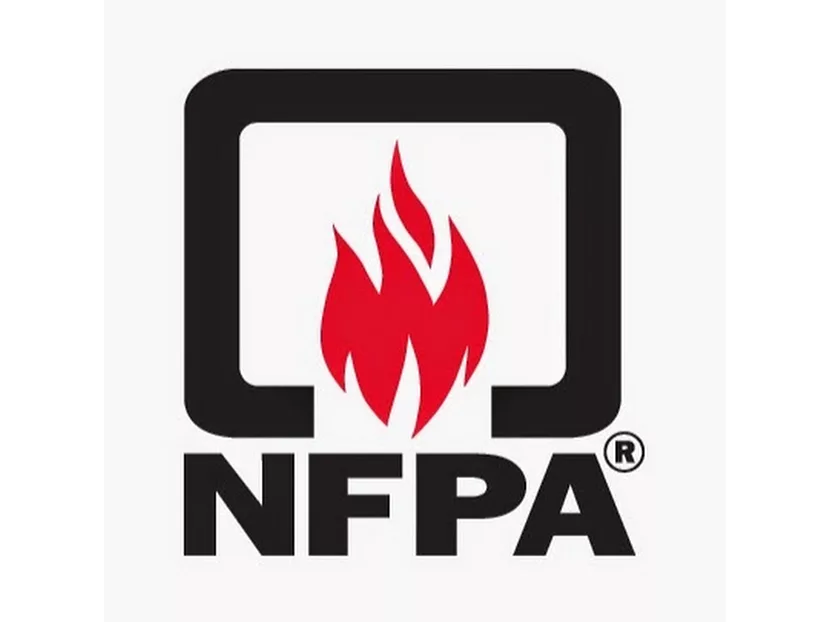The National Fire Protection Association (NFPA) has released CodeFinder, an interactive online tool that identifies the NFPA codes and standards that are in effect in U.S. municipalities or counties, as well as in regions of Canada, South America, Latin America and the Middle East.
The tool considers the data available at the state level, in cities with more than a quarter million in population and in counties with over one million in population (or the largest municipalities in the state). The tool also identifies the NFPA codes and standards being used in countries outside the United States.
“Codes and standards are developed by experts from around the globe to ensure a minimum level of safety. Current editions of codes incorporate learnings from new research, case studies, loss experience, and innovation. By applying the most recent codes and standards, we will ensure that people and property get the level of protection that they expect and deserve,” CEO Jim Pauley said at the NFPA Conference & Expo in Las Vegas. “CodeFinder was developed so that those charged with fire and life safety can easily access up-to-date safety benchmarks and help reduce risk in our world.”
CodeFinder utilizes color-coded mapping, a hovering feature, and filtering by jurisdiction. Users can also search by topic or by the most frequently used NFPA codes and standards.
The new digital code-finding tool includes International Association of Plumbing and Mechanical Officials (IAPMO) and International Code Council (ICC) information, as well as the NFPA codes and standards that are referenced within those IAPMO and ICC documents. The referenced NFPA documents are considered part of those codes – and, as such, should be enforced to ensure complete compliance and the ultimate level of safety. CodeFinder also references the NFPA documents that are in use in Canadian provinces and territories, as well as in Bolivia, Brazil, Chile, Columbia, Costa Rica, Dominican Republic, Ecuador, El Salvador, Mexico, Nicaragua, Panama, Peru, Saudi Arabia and the United American Emirates.
Visit www.NFPA.org.





